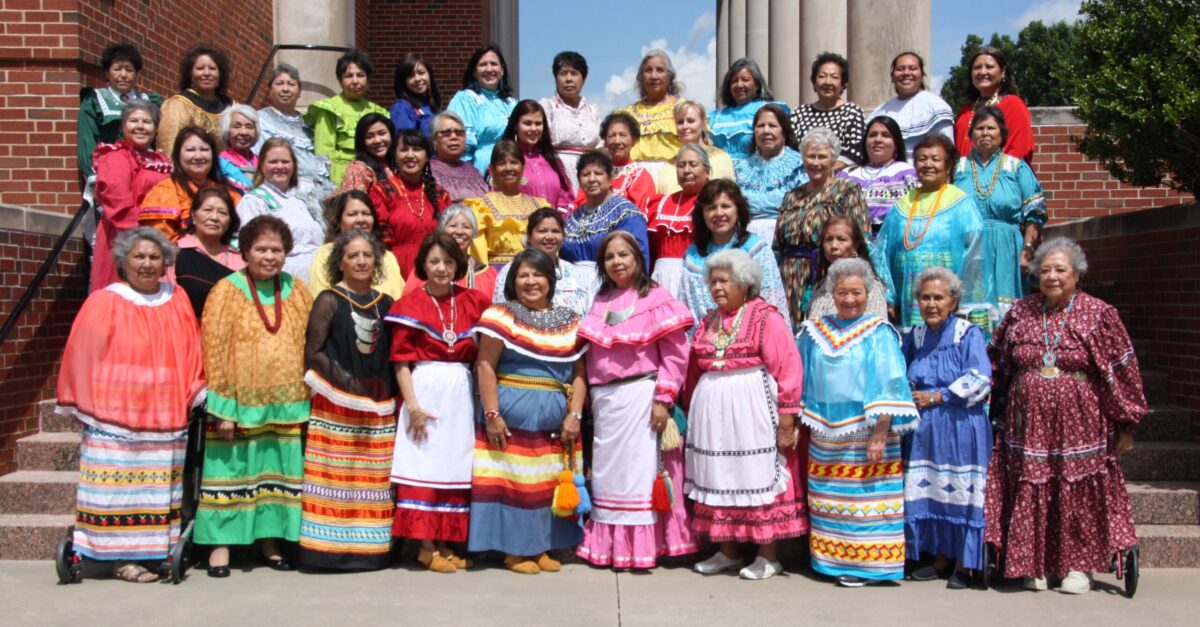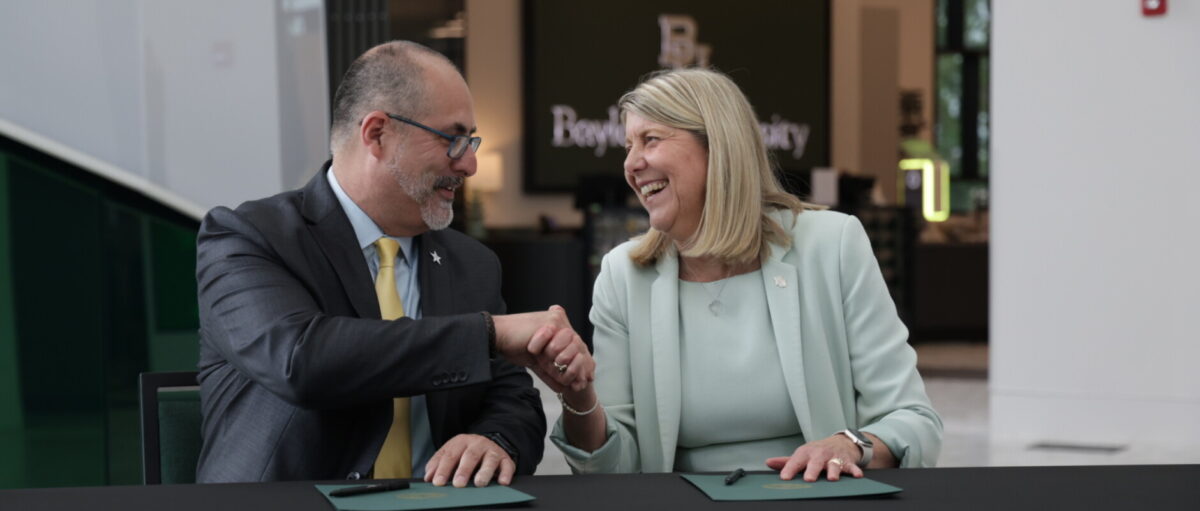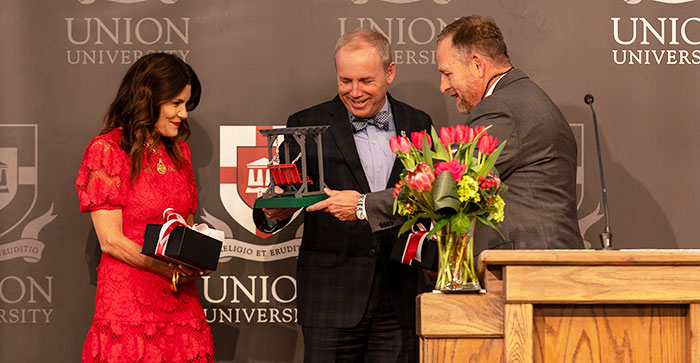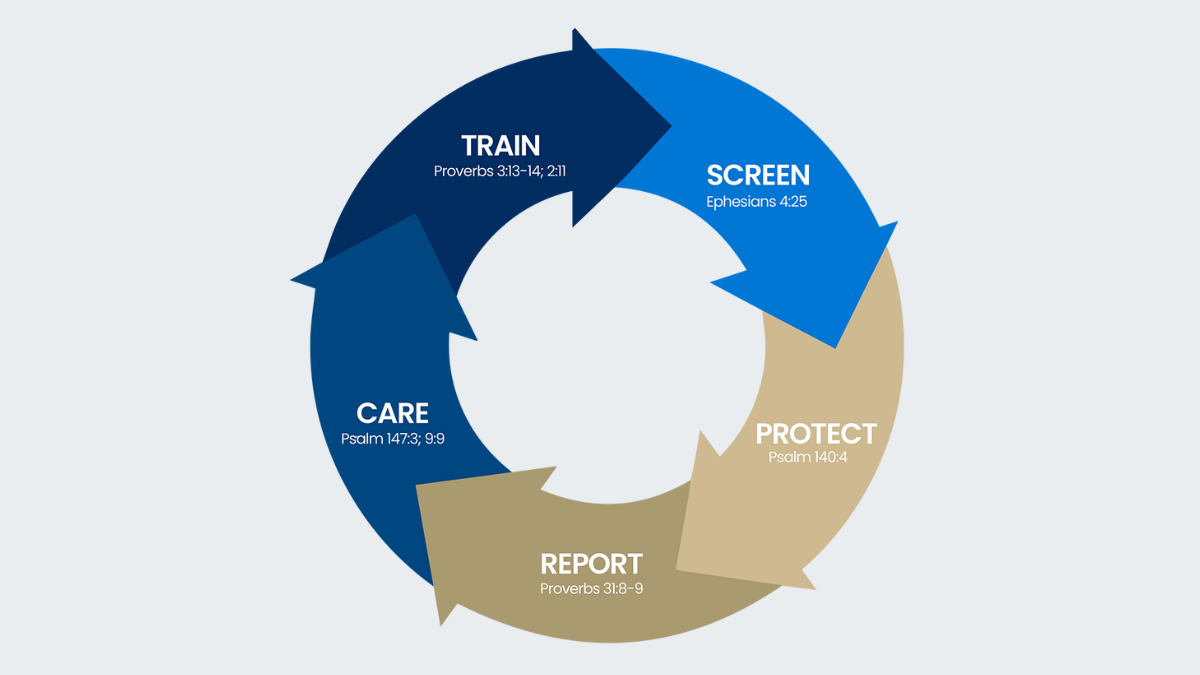The violence of war in Ukraine is regularly reported by the news, mentioned in prayer meetings and opposed by entire nations. However, there is a different kind of violence that is also common throughout the globe — human trafficking and slavery.
“We often use the phrase, ‘everyday violence.’ Part of that is to distinguish it from the violence of war,” noted Jeff Hancock, director of church mobilization for International Justice Mission, a faith-based, nonprofit organization focused on issues such as human rights. “That’s a violence that’s very visible to the world and it’s a huge part of our existence. Thank God the international community is turning to address that. What we’re really working on is just the everyday, hidden reality of violence,” he added. “You don’t see the trafficking of a family into a brick kiln to force their labor [from] a satellite picture as you would a convoy of tanks, right?”
“The IJM Romania team is focused to combat trafficking casework,” Hancock said. “With the recent invasion of Ukraine, our staff is volunteering in support of other NGO and community partners in northern Romania near the border of Ukraine — we have seen that a majority of those arriving at the border are women and children.
“We realize this kind of visible violence also then can bring other kinds of vulnerability to people, sometimes that even increases the reality and risk of trafficking. Our teams are really trying to prepare for that.”
Asking important questions
IJM was born out of the experiences of its founder, Gary Haugen, who was an attorney with the U.S. Department of Justice when he was asked to lead a United Nations team investigating genocide in Rwanda. When he came back to his “normal life,” he started wondering what the genocide victims were thinking and praying.
Haugen assumed their prayer would be that someone would stop the tormentors. So he asked himself two questions: “Who in our world is actually doing that — restraining the hand of violent oppressors?” and “Where is the church in that work?”
In the 25 years since Haugen posed those questions, IJM has grown to 1,200 employees working in 24 program offices in 14 countries alongside local justice systems to rescue and restore victims, bring criminals to justice and strengthen justice systems.
To date, IJM has rescued 66,000 from slavery and violence and secured protection for more than 7 million.
Work still to do
However, more than 46 million are still in slavery. Knowing how many remain can become overwhelming for those working at IJM. They often remind each other about Jesus’ story of the loaves and fishes.
“Our goal is to take what we can offer and leave the responsibility and the miraculous transformation to Jesus,” Hancock said. “It’s one of the reasons that in terms of our daily practice, every IJM employee will start [each] day with God in stillness. Then after, every single morning at 11:00 and 11:30, we come back as a whole team and pray together. Part of that — maybe the biggest part — is to remind ourselves that this is God’s work.”
More than numbers
Sometimes it can be difficult to remember the victims are individuals who have been created in God’s image, not simply a number, Hancock said, noting a young man named Godwin whose family, like many others, was deceived into sending him into what they thought was a safe environment where he could get the education he craved and learn a trade.
Godwin ended up being trafficked to work in the fishing industry. Instead of fulfilling his dream of advanced schooling, he was trapped in a nightmare of 12–to 14-hour days of hard labor. One of the slaves’ tasks was to dive and untangle nets. Many didn’t know how to swim and drowning was common.
However, Godwin was relentless and clever. He acquired a cell phone and eventually connected with IJM.
“A part of what blows me away is that even in the moment of rescue, even as he’s finally experiencing this freedom and release that he didn’t imagine was possible before, he was already saying to the police and IJM folks there, ‘You’ve gotta go back. I know where more kids are. You’ve got to go back,’” Hancock recalled.
After Godwin was safe, he told IJM where the others were and they also were rescued.
“You see that kind of cycle of rescue and redemption being created out of what was a cycle of violence and degradation,” Hancock said. “His story really moves me but there are so many … so many that blow me away.
“When we look at the reality of violence, the reality of human trafficking, we know two things: One — God hates that and God wants it to change. God wants the destiny of goodness for every one of those people.
“The other side of what we know is that God has a plan to bring about that change and that plan is us,” Hancock declared. “We are God’s plan for bringing change into our world. That is incredibly good and hopeful news.”
To help the movement visit www.IJM.org and click “Get Involved.” The most powerful way a church can join with IJM is to host a Freedom Sunday. To sign up and receive planning guides, sermon tools and free resources, go to https://www.ijm.org/freedom-sunday. IJM also can provide guest speakers upon request.








